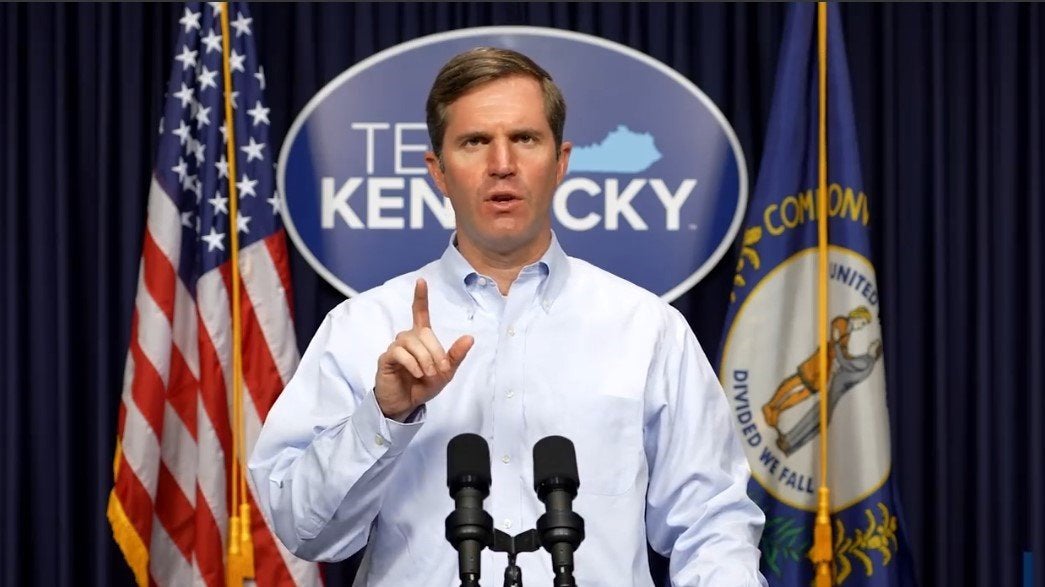The transformational power of love
Published 6:12 am Friday, July 27, 2018
By AL EARLEY
Religion columnist
One of the most famous passages in scripture is I Corinthians 13, also known as the “Hymn of Love.”
It is read most commonly at weddings, but Paul wrote it for this fantastic church, where the members had so many spiritual gifts. They had great preachers and teachers, prophets and miracle workers, and those who could speak and interpret tongues. But they didn’t know how to love one another, and the church only realized a fraction of its potential.
Love is the most important ingredient in a great church. Imagine what a perfect church yours would be if all members could share the kind of unconditional love with each other and people outside the church that Paul describes. Your church would be an amazing church if it shared love with others that was patient and kind, love that is neither jealous, boastful, arrogant or rude, that doesn’t insist on its own way, and is not irritable or resentful.
When was the last time you were known by other church members for sharing love that doesn’t rejoice at wrong, but at what is right? Can you say your love for the people in your church bears, believes, hopes, endures all things, and never ends?
Many of us have experienced such unconditional love, most often from a spouse, child, mentor, parent or relative. We learn that love is a unique emotion. We learn how to love others unconditionally. No one has to teach us how to be mad, or sad, or glad, or afraid. We feel these instinctively, and then learn to deal with them according to the circumstances we face. But until we see or experience the unconditional love that is patient and kind, we don’t understand unconditional love.
This may be the greatest reason God acted on our behalf and sent us our Messiah, so that God could reveal to us not only how to love each other, but how much God loves us. Jesus not only preached about loving, but also lived a life of love for all he met. He not only healed people, fed people and forgave them of their sins; he showed them how to change from their evil ways and how God loves us unconditionally. He not only tells us to love our enemies and pray for our persecutors, he lived this gospel of love.
This is most vividly revealed on the cross, as he prays near his death, “Father forgive them, for they don’t know what they are doing” (Luke 23:34). Jesus lived the two great commandments of love for all to see and learn from him. He told us, “Love God with all you heart, soul, mind and strength, and love your neighbor as you love yourself” (Mark 12:29-31).
Now this is fantastic. Jesus commands us to feel love for God, others, and ourselves. I can’t do this with any other emotion. I can’t say to someone, “Get mad now.” Try it. Can you get angry right now? I must do something to provoke anger, like write a bad article.
But apparently, we can make ourselves love others. The reason this is true is that of all the emotions, love is utterly unique because it has a divine element to it. Therefore, John says, “God is love” (I John 4:8).
It makes sense that God would create this world so that love must have a divine element to be complete. For every person needs to learn that a purely human love is not enough to get through the difficult times of parenthood, marriage or even friendship.
Paul closes this beautiful hymn with the words, “Now faith, hope, love abide these three, but the greatest of these is love.”
How loving is your church family? How loving are you with your family, friends and church family? Have you depended too long on your own ability to love and come up short? Is it time to let God’s divine power redeem your love, and bring real joy into your relationships?
Read through I Corinthians 13 and put your name in place of the word “love” in the text. This will reveal where you need God’s help to be more loving. Take time to do this with your spouse, on a personal retreat, or with a Sunday School class you trust. It will not only change your life, but the lives of those around you.
To find out more about Al Earley or read previous articles, visit lagrangepres.com.





